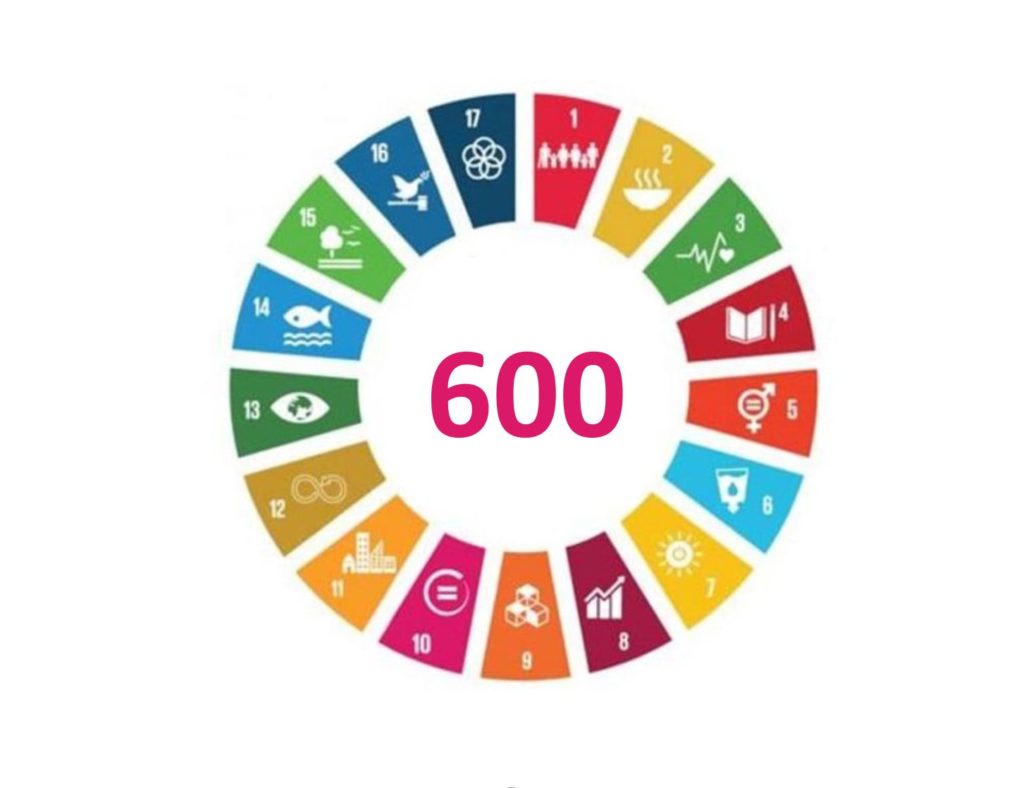
More than 100.000 reader sessions, the majority added the last 12 months and approximately 50% from organic Google traffic from each and every article, another, 30% direct hits from returning readers, and 20% from social media referrals from Facebook, Twitter, Linkedin, Pinterest, and Reddit.
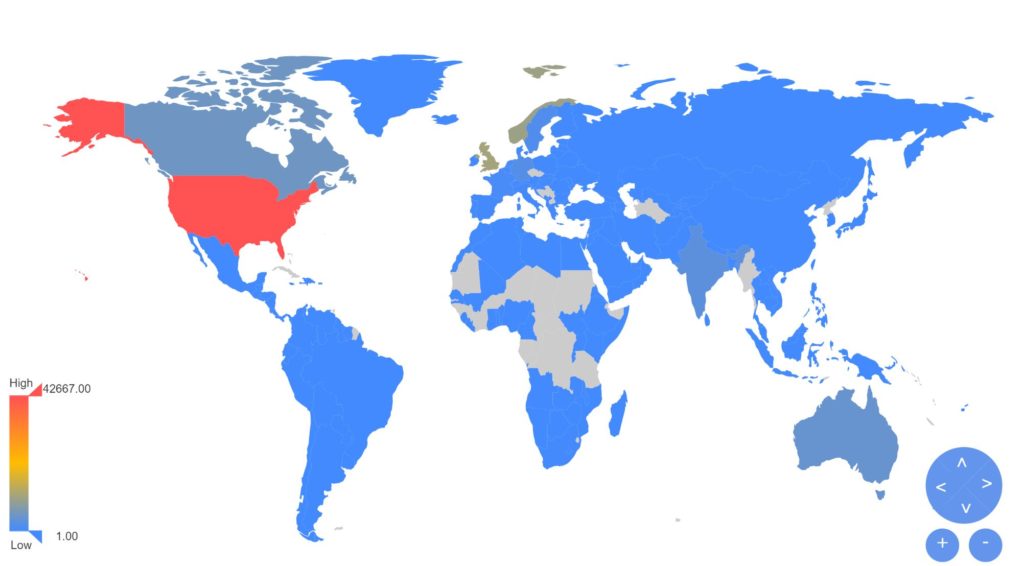
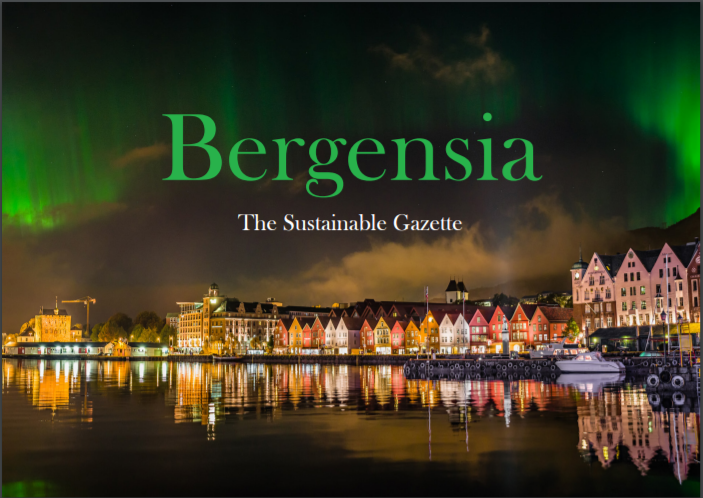
We are the first generation that can end poverty, the last that can end climate change. UN Secretary-General Ban Ki-moon (2007-16).
United Nations Global Goals for Sustainable Development is the largest assignment of our time. This is what envisioned me to start Bergensia.
Bergensia pushes and inspires leaders, businesses, and organizations to innovate and realign their strategy and purpose towards the Sustainable Development Goals.
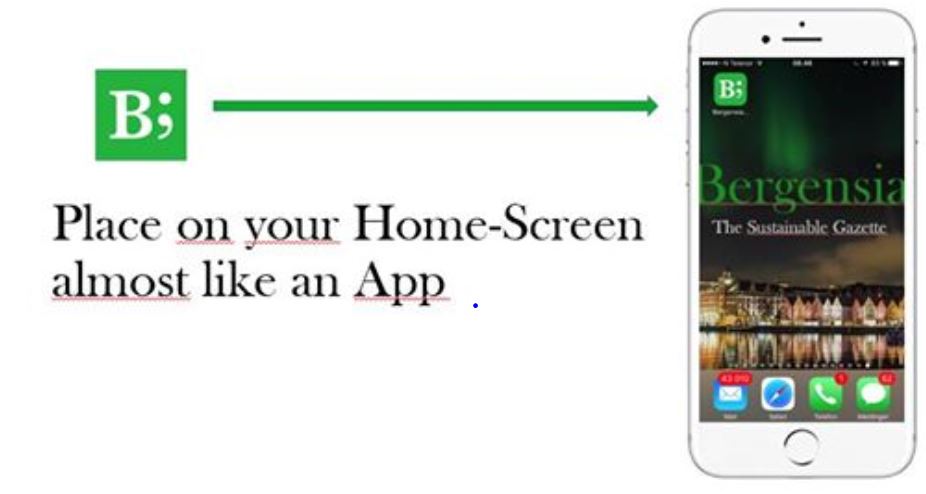
Sustainable Development, an appealing phrase, first used by Gro Harlem Brundtland in what is later known as the Brundtland Report; Our Common Future; World Commission on Environment and Development 1987.
“Sustainable development is the development that meets the needs of the present without compromising the ability of future generations to meet their own needs. It contains two key concepts:
- The concept of needs, in particular, the essential needs of the world’s poor, to which overriding priority should be given; and
- The idea of limitations imposed by the state of technology and social organization on the environment’s ability to meet present and future needs.”
In September 2015, the nations of the world agreed on 17 UN Sustainable Development Goals (SDGs) for 2030, this makes Gro’s legacy more relevant than ever. At Bergensia we see the SDGs as platforms for innovation towards which companies can align their strategies.
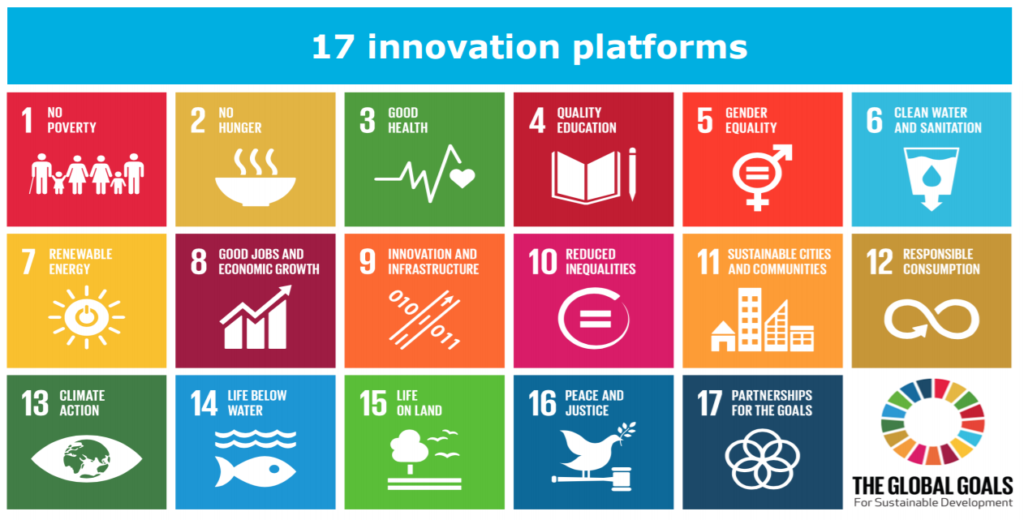
Bergensia – The Sustainable Gazette is a global media-platform (website) which gives a voice to organizations and persons who can report progress and innovation towards the Sustainable Development Goals (SDGs); within science, political, economic, social/cultural, technological or environmental. The site will “hipse” (lift) individuals and organizations who make a difference so they can inspire the rest of us. Further, the site will accumulate knowledge and become an archive to go to for the best sustainable development practice.
Paid content with “eternal life” and reaching thousands of sustainability-conscious readers every month.
Quality stories that are relevant will “live” for 24-36 months attracting new readers each month. At a premium price, you also get to audit your advertorials to make it up to date, and you may have more than one post. Together with Bergensias advertorial staff, you can arrange so that each quarter you publish new relevant content at no extra cost except for time and materials (edit, photo, video, animation, etc.)
The Sustainable Gazette Bergensia.com is born out of the social-democratic model of Norway and the other Scandinavian countries, our fees are therefore related to the economic capacity of your organization. We arrange a sensible agreement; http://bergensia.com/advertorials/

When planning to start Bergensia in November 2016 I did not foresee how the American election come to play a central role in what Bergensia was going to write about. However, with a pathological liar and a Russian fraud as the 45th American president, Bergensia took a more political direction than first intended; Ingjald Pilskog at Bjerknes Centre for Climate Research seemed to foresee this in his article: Politics: the forgotten climate driver. The danger of autocratic, nepotism, ego-driven, and self-serving corrupt politicians can nowhere better be seen in the handling of the coronavirus pandemic; look only at the deadly regimes of Donald Trump, Bolsonaro, Boris Johnson, and Putin.
Let us hope some nations take lessons from the epidemic and how we may build a different, more equal, and sustainable society in the aftermath.
And what if the rise of fascism we now see may be triggered by climate change?
What’s in our first 600 article archives?
Two major environmental wins the last months; expansion of Heathrow has been canceled and Equinor abandons drilling in the Great Australian Bight.
This hilarious article on how the British people look at Trump is in fact the most read article, one could say that humor trumps serious climate reporting, on the other hand, humor say a lot about what concerns most people, like Trump and Brexit.
The Norwegian Government lead by Prime Minister Erna Solberg is embarrassing when it comes to concrete results on CO2 emission reduction, even though Erna Solberg is a grand figurehead at the UN. And her coalition Government is barely holding together with its ever-changing Minister of Justice among others.
Bergensia has not covered the 17 UN Sustainable Development Goals (SDGs) equally and probably will not do in the months to come either. Renewable energy has been one of the main issues, as it is understood to hold the key to making progress on most of the other goals. However, nature cannot always take the toll on our thirst for more energy, we are facing a loss of biodiversity and natural habitations like never before since human sat feet on this planet. We must be able to carry two thoughts in our head simultaneously as we plan for a sustainable future. Renewable energy will, therefore, have to come second after preserving nature.
And since my daughter, Sol 15 (in 2017) whom I am very proud of (she is my hero), had her working-week at school at Bergensia – the littering of the oceans, as represented in a Whale’s Tale, which the two of us have co-written, is also predominant:
Another political issue that became important to cover was the historic trial: The People vs. Arctic Oil in which Green Peace and Natur og Ungdom sued the Norwegian Government for opening the Arctic to exploration within only weeks from Erna Solberg signing the Paris Agreement. This is by many seen as hypocrisy, Norway is the world’s number 8 largest oil-exporting nation and a far fetch from meeting its target of 40% reduction in CO2 emissions. In the report One Year Closer you can read about “Norway’s progress towards the implementation of the 2030 Agenda for Sustainable Development” – or rather lack of progress except for a lot of words . . .
(except for words on oil and gas )
https://www.regjeringen.no/globalassets/departementene/ud/vedlegg/utvikling/one-year-closer.pdf
The only article covering a specific local issue from the Bergen area where Bergensias editor is situated was this one on soil protection (Norway is among the countries with the least agricultural soil and therefore particularly vulnerable for situations where one cannot rely on import:
The Conversation is the number one source of articles on Bergensia, more than half of the articles originate from this network of academics from leading universities all around the world, often with a new headline and picture:
Bergensia aims to cover all 17 goals and also add “Voices” – (see the main menu) that is co-operation with organizations and individuals (AOC and Greta with more than 15 articles since she sat down outside the Swedish Parlament) that specialize in each and every one of the goals.
On a broader scale, Bergensia is proud to have received permission to republish articles from Al Jazeera News.
What we eat is of the essence, also when it comes to the health of our blue planet. This is the one most important matter you as an individual may consider making an impact on climate change. #MeatlessMonday
At Bergensia we will search for more individual lifehacks that each and every one of us can make to make a difference. To follow Gretas example and stop flying is another way of making an impact, her inspiration may be the sole reason why the Swedes already fly 10% less since she started her #fridayforfuture movement. #flyskam #staygrounded
Please do not hesitate to contact Bergensia with suggestions on issues to cover, criticism or credits, requests for paid content or any form of cooperation or just to have a conversation or a cup of coffee: jante@bergensia.com +47 45663204.

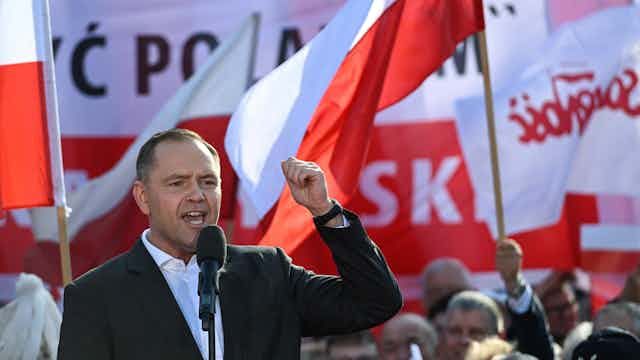
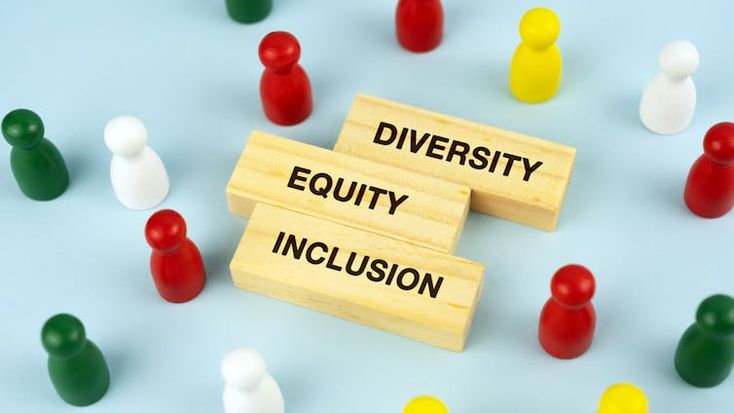
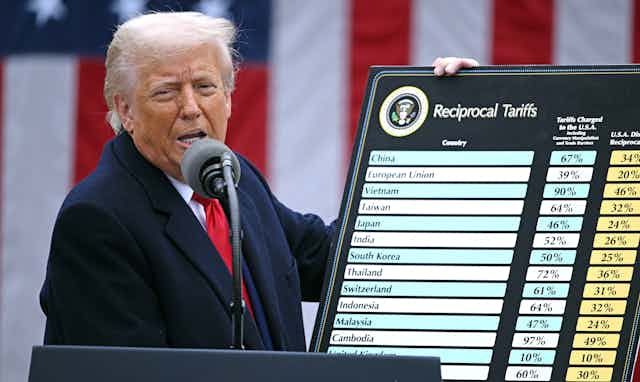
34 Comments
Pingback: безсульфатний шампунь для жирного волосся
Pingback: หาเพื่อนเที่ยว
Pingback: juvelook
Pingback: pg slot เว็บตรง
Pingback: finger monkey for sale
Pingback: bio altogel
Pingback: zbet911
Pingback: ppf folie
Pingback: pgslot168
Pingback: webcam tokens
Pingback: ทัวร์เวียดนาม
Pingback: สล็อตวอเลท ไม่รับโปร ไม่ต้องทำเทิร์น ถอนได้ไม่อั้น
Pingback: Food Recipes
Pingback: ใบพัดมอเตอร์
Pingback: cinemakick
Pingback: cinemakick
Pingback: รับเขียนแบบบ้าน
Pingback: ทำความรู้จักกับเว็บ ผลบอล888 ว่าคืออะไร ?
Pingback: ทีเด็ดบอลชุด 6 ตัว
Pingback: หมออรรถ อย่าฝากชีวิตไว้กับหมอ
Pingback: นำเข้าสินค้าจากจีน
Pingback: Afrika oorbellen
Pingback: BMW detailen
Pingback: 토토 검증 된 사이트
Pingback: https://evs.lmms.io/forum/viewtopic.php?t=28750
Pingback: sigma32
Pingback: นวดหน้ายกกระชับ
Pingback: รู้จักกับเว็บ Winstar club คาสิโนออนไลน์
Pingback: ราคาค่าหวย แทงไม่อั้น
Pingback: เว็บตรงฝากถอนง่าย
Pingback: ปริ้นโปสการ์ด
Pingback: league88
Pingback: เช่ารถเครน
Pingback: mostbet yukle